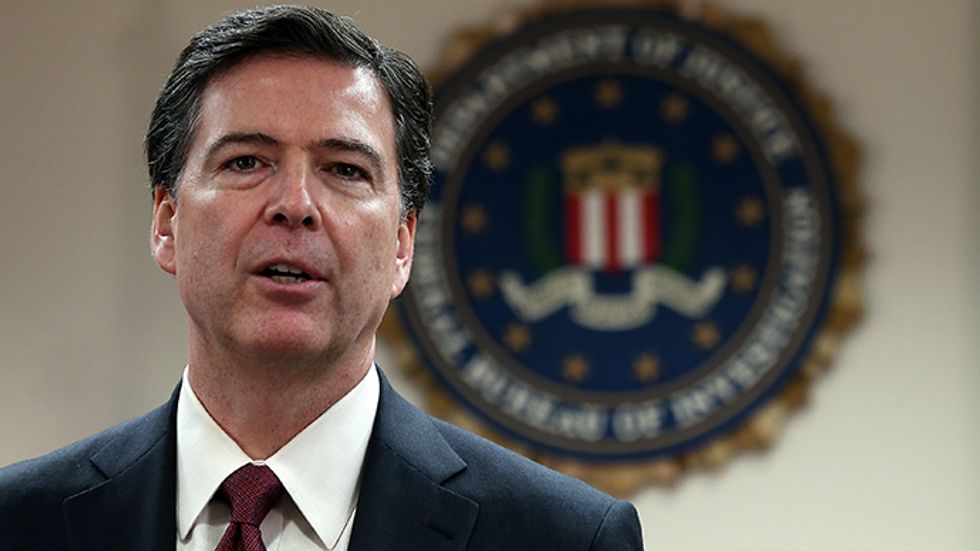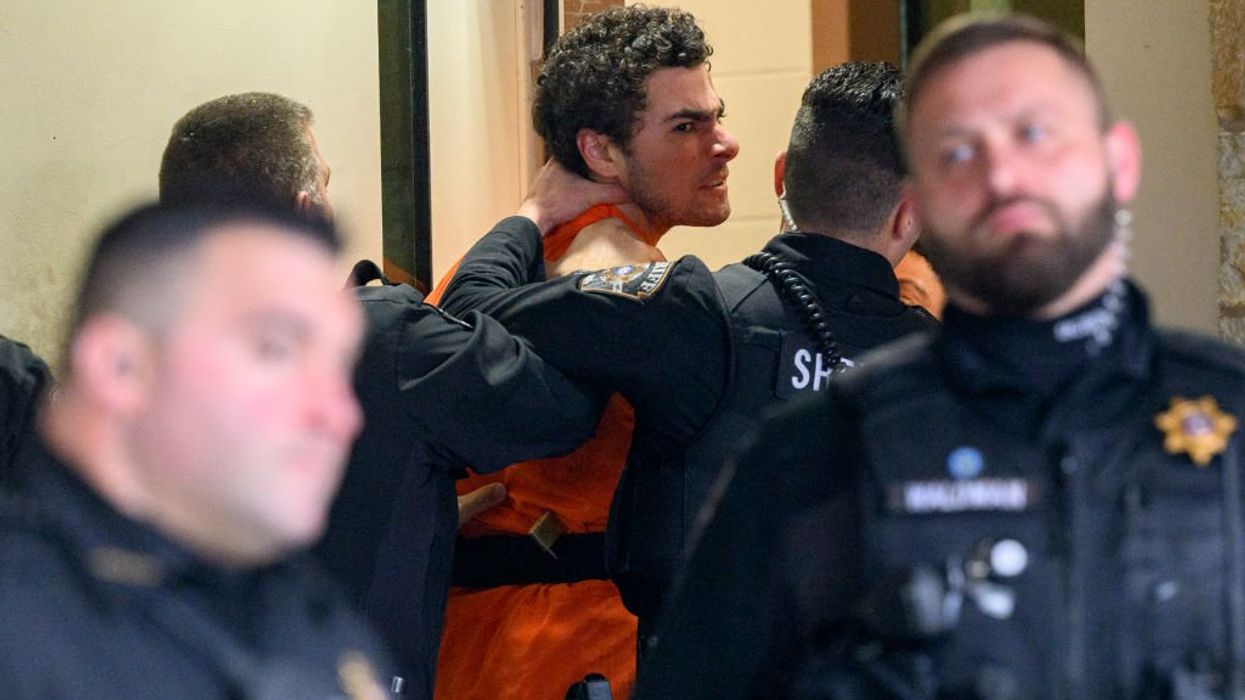
© 2024 Blaze Media LLC. All rights reserved.
FBI Confirms Agents Were Sworn to Secrecy in Clinton Email Investigation
July 13, 2016
"It is ... troubling that the FBI tried to gag its agents with a non-disclosure agreement."
The FBI confirmed Wednesday to a senior Republican senator that agents associated with the investigation into Hillary Clinton's use of a private email server were sworn to secrecy and subject to subsequent lie detector tests.
In a July 1 letter, obtained by Fox News, sent to Senate Judiciary Committee Chairman Charles Grassley (R-Iowa) by a senior deputy to FBI Director James Comey, it was confirmed that agents signed a "Case Briefing Acknowledgement," which "strictly" prohibits the disclosure of information regarding the probe without prior approval.
"The purpose of this form is to maintain an official record of persons knowledgeable of a highly sensitive Federal Bureau of Investigation counterintelligence investigation," the agreement reads. "I [FBI agent] also understand that, due to the nature and sensitivity of this investigation, compliance with these restrictions may be subject to verification by polygraph examination."
The revelation of this measures further shows how much effort the agency has put forth to keep sensitive details related to the investigation from reaching the public. Comey has offered some reasoning for why he chose not to recommend charges against Clinton, but Attorney General Loretta Lynch continually dodged questions on specifics about the case in a House hearing Tuesday.
The "Case Briefing Acknowledgement" is reserved only for "the most sensitive of sensitive cases," one recently retired FBI agent, who spoke on condition of anonymity, said, adding that the practice can have a "chilling effect" on agents who understand "it comes from the very top and that there has to be a tight lid on the case."
He suggested there is a risk in instituting the gag order, as it can contribute to a "group think" mentality within the bureau because fellow investigators are not able to bounce ideas off one another unless they are in the small, closed group of agents.
After Grassley inquired about the secrecy agreements in February, FBI Assistant Director Stephen D. Kelly told Grassley such orders are "not a unique circumstance" and agents "may from time to time be asked to sign similar forms."
Further explaining the reasoning behind the agreement, the July letter, which "no one refused to sign" or "raised any questions or concerns" about, explained that the orders are instituted "to maintain an official record of all persons knowledgeable of this highly unusual investigation, and to remind individuals of their obligations to protect classified and sensitive information."
Last week, Comey revealed that Clinton sent and received 110 emails marked classified during her time as secretary of state. Some of those emails were marked Top Secret, which would require agents with top security clearances to review. Additionally, some of the correspondence contained information from the U.S. government's most secure programs, known as Special Access Programs.
The "Case Briefing Acknowledgement" further bolsters the belief that the investigation was always a serious criminal probe, not just the "security review" the Clinton campaign claimed it to be. However, the decision not to prosecute led Grassley to question the "inconsistencies" of the results.
"In light of all these inconsistencies, it is even more troubling that the FBI tried to gag its agents with a non-disclosure agreement on this matter, in violation of whistleblower protection statutes," Grassley wrote in a letter. "[Y]ou indicated that agents working on this case were required to sign a non-disclosure agreement that failed to exempt protected whistleblowing."
"Only after I wrote to you did you advise your FBI agents that they are still free to speak with Congress regarding waste, fraud, and abuse," he added.
However, according to the "Case Briefing Acknowledgement Addendum" provided to Grassley, the agreement did not and does not conflict with "communications to Congress" of the "reporting to an Inspector General of a violation, or a substantial and specific danger to public health or safety, or ... any other whistleblower protection."
Also in his letter, Grassley asks if, after Bill Clinton held a private June 28 meeting with Lynch at a Phoenix airport, the FBI believes there is "no appearance of conflict" and no need for a special counsel.
See the July 1 letter in its entirety below:
–
Follow the author of this story on Twitter:
Want to leave a tip?
We answer to you. Help keep our content free of advertisers and big tech censorship by leaving a tip today.
Want to join the conversation?
Already a subscriber?
more stories
Sign up for the Blaze newsletter
By signing up, you agree to our Privacy Policy and Terms of Use, and agree to receive content that may sometimes include advertisements. You may opt out at any time.
© 2024 Blaze Media LLC. All rights reserved.
Get the stories that matter most delivered directly to your inbox.
By signing up, you agree to our Privacy Policy and Terms of Use, and agree to receive content that may sometimes include advertisements. You may opt out at any time.


